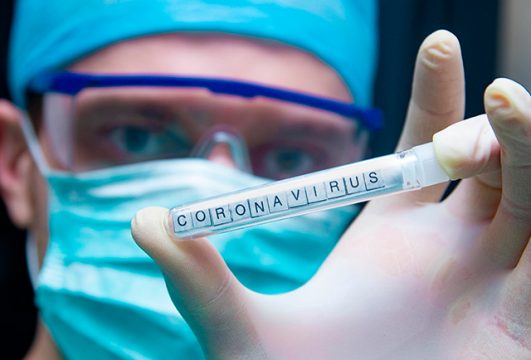We need to know how effective vaccines are by population subgroup outside the controlled setting of a clinical trial.

Israel was one of the first countries to deploy a nationwide mass vaccination strategy. This is why it results ideal to compare its results against clinical trial results.
All subjects receiving the BNT162b2 mRNA Covid-19 Vaccine (Pfizer/BioNTech) between December 20, 2020 and February 1, 2021, were compared 1:1 against unvaccinated control subjects according to demographic and clinical characteristics.
Primary end point was documented symptomatic COVID-19 infection, hospitalization, severe disease, and death.
Each study group included more than a million people (596618 individuals). Vaccine effectiveness was estimated between 14 and 20 days after the first dose and 7 or more days after the second dose.
For documented infection, efficacy was 46% after the first dose. It climbed to 92% one week after the second dose. For symptomatic disease, efficacy was 57 and 94% for the first and second doses respectively, and hospitalization for COVID 19 infection was 74 an 87%.
Read also: High Deployment: Also Trending with Balloon Expandable Valves.
Effectiveness in preventing death was estimated only after receiving the first dose, and was 72%.
These outcomes were consistent across age groups, with potentially slightly lower effectiveness in persons with multiple risk factors.
Conclusion
This study in a nationwide mass vaccination setting in Israel suggests that the BNT162b2 mRNA vaccine (Pfizer/BioNTech) is effective for all end points, in addition to being consistent with data obtained through randomized studies.
nejmoa2101765Original Title: BNT162b2 mRNA Covid-19 Vaccine in a Nationwide Mass Vaccination Setting.
Reference: Noa Dagan et al. N Engl J Med. 2021 Feb 24. Online ahead of print. doi: 10.1056/NEJMoa2101765.
Subscribe to our weekly newsletter
Get the latest scientific articles on interventional cardiology





